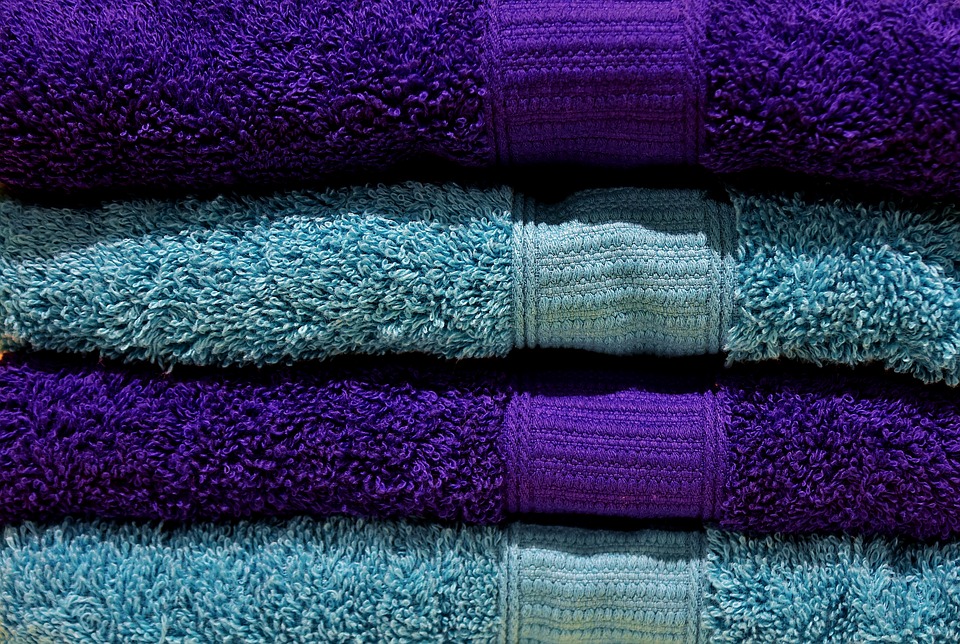MRSA lives harmlessly on the skin of around 1 in 30 people – usually in the nose, armpits, groin or buttocks. This is known as “colonisation” or “carrying” MRSA.
You can get MRSA on your skin by:
touching someone who has it
sharing things like towels, sheets and clothes with someone who has MRSA on their skin
touching surfaces or objects that have MRSA on them
Getting MRSA on your skin won’t make you ill, and it may go away in a few hours, days, weeks or months without you noticing. But it could cause an infection if it gets deeper into your body.
People staying in hospital are most at risk of this happening because:
they often have a way for the bacteria to get into their body, such as a wound, burn, feeding tube, drip into a vein, or urinary catheter
they may have other serious health problems that mean their body is less able to fight off the bacteria
they’re in close contact with a large number of people, so the bacteria can spread more easily
Healthy people (including children and pregnant women) aren’t usually at risk of MRSA infections.
